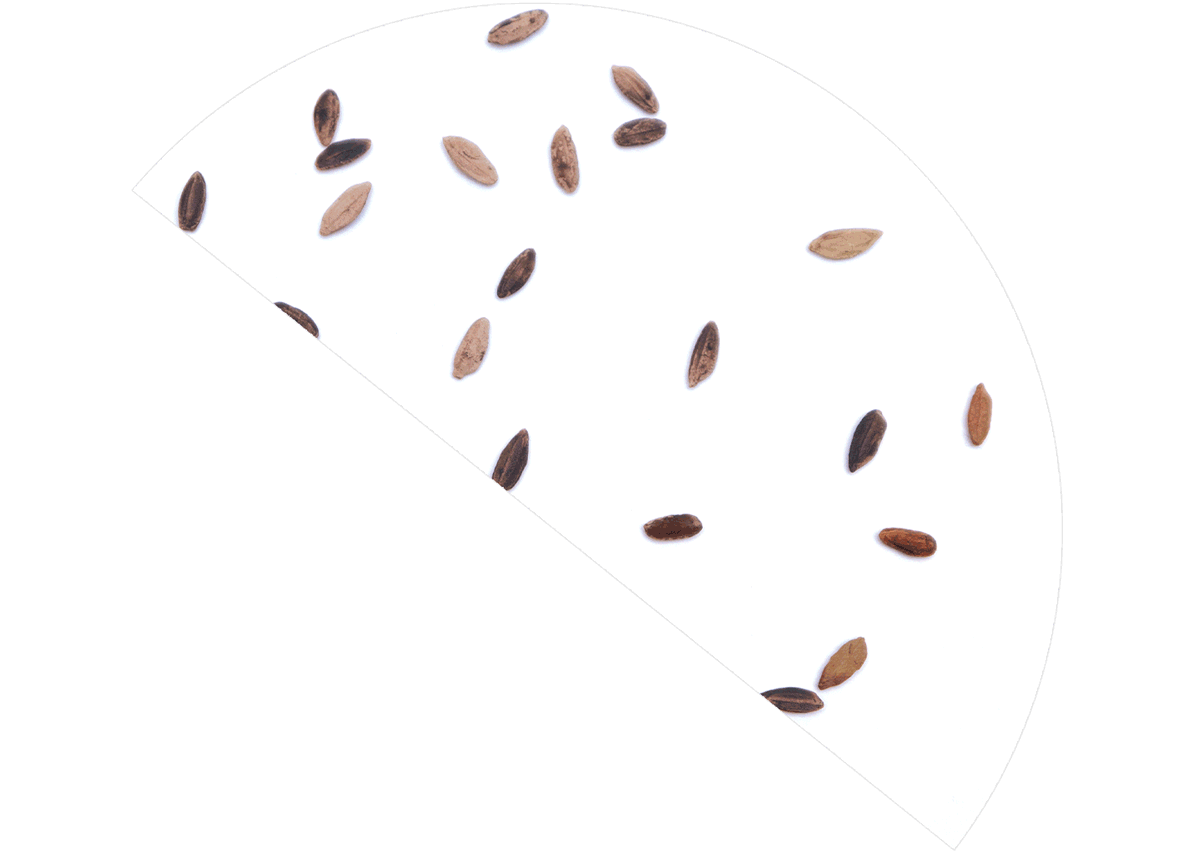Kapwani Kiwanga was born in 1978 in Hamilton, Canada, and currently lives and works in Paris. Over the past decade, Kiwanga has created sculptures, installations, photographs, performances, and moving images that delve into issues like materiality, social asymmetry, and perception. The starting point for Kiwanga’s artistic output is in most cases the analysis and research of archival material conveying historical narratives and political events. She presents a new body of work. Each of these projects evolves around the epistemologies of flora, its histories and genealogies and their relationship to acts of resistance, by examining the genealogies of the weaponisation of nature. By exploring the balances and imbalances between the concept of poison and pharmakon (medicine) and how the mathematics of dosage can transform one into the other, Kiwanga enquires the potential of agency and resistance, throughout history and attempts to contour the use of plant knowledge in anti-colonials acts, liberation struggles, resistance, self-protection and self-care. Pharmacopoeia, the act of drug making, is examined by Kiwanga under this lens, through a diverse geopolitical spectrum that transverses time.
The new body of work, follows Kiwanga's research on how to create a visible narrative that presents and embodies the different readings and delicate balances between pharmakon and poison, between protection and aggression. The fragile distance from “pharmakon” to poison, also highlights the visibilities and invisibilities of danger, acts of violence, resistance, rebellion and self-care.
This is the artist’s first solo exhibition in the Netherlands. The exhibition is curated by guest curator iLiana Fokianaki, and coordinated by Wendy van Slagmaat-Bos.
Anouk Böhmer, Ifenin, Lisanne Ceelen, Nabou Claerhout, Lauriane Ghils, Marta Gonzalez, Bianca Sallons
—Supported by
AMMODO, Institut Francais des Pays-Bas, the artist’s fee is supported by the Mondriaan Fund(from the Experimental Regulations)

